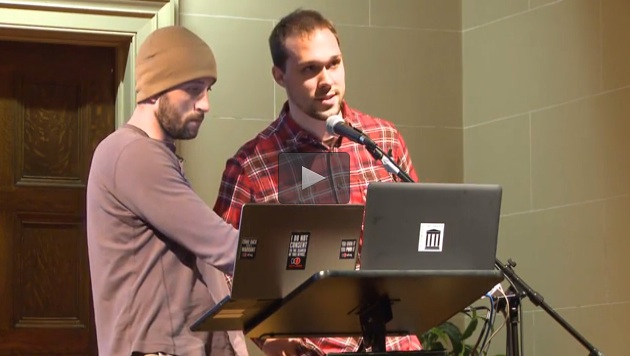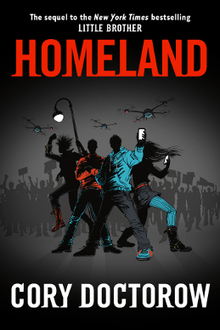Greetings everyone! The outpouring of interest has been incredible.
One question that keeps coming up though is: What exactly is going on at the Internet Archive in San Francisco during this activity-packed weekend?
Short answer:
1) A Hackathon is going on BOTH Saturday and Sunday, from 11am-6pm, RSVP FOR HACKATHON
2) A Saturday night event, with a movie screening, is going on from 6-10:30pm (and then on until 1:30 am at an afterparty) RSVP FOR EVENING EVENT
Here’s a the full schedule for the weekend, so you can plan:
Saturday November 8th – 11am-6pm – Hackathon upstairs in the Internet Archive’s Great Room – food and refreshments provided throughout the day (vegan options!) RSVP FOR HACKATHON (It will be assumed that most hackathoners are sticking around for the evening’s activities.)
Saturday, 6pm the Reception starts for the evening event! RSVP for EVENING EVENT
6-7pm Reception – Mingle with the speakers and “The Internet’s Own Boy” Director Brian Knappenberger
7-8pm This year’s incredible line-up of speakers will give you a fast-paced update on a number of excited Aaron-related projects and activities over the past year.
9:45pm – Q and A with Director Brian Knappenberger after the movie – also added Trevor Timm and John Perry Barlow!
10:30pm – 1:30 am Keep the conversation going at an after party going on at Pizza Orgasmica, 823 Clement St, San Francisco, CA 94118 (415) 386-6000 (between 10th Ave & 9th Ave), just a few blocks away from the Internet Archive.
Then! On Sunday, another Hackathon from 11am-6pm. (Food and refreshments provided.) RSVP FOR HACKATHON
Sunday’s Hackathon could be a great chance to jump in to whatever idea sprang up in your mind at the event or during the film on Saturday night. Reminder that you don’t have to be a programmer to participate in a hackathon. (Here’s a “Hackathon 101” video explaining this.)
Travelers: if you are considering traveling to SF, all you’ll need is your computer and a place to sleep from between 1:30 am Saturday night and 11 am Sunday morning, when the Internet Archive opens up for its hackathon. Food will be provided during the hackathons. There’s also food and wine at the reception, and beer and pizza at the after party (though we may run out after the first 50-75 people).
So *if you can get here and have a place to stay for Saturday night, you are good*. I didn’t want people to not participate for lack of funds, and it’s expensive enough to travel these days. So, Woo hoo! Road trip to San Francisco :-)




